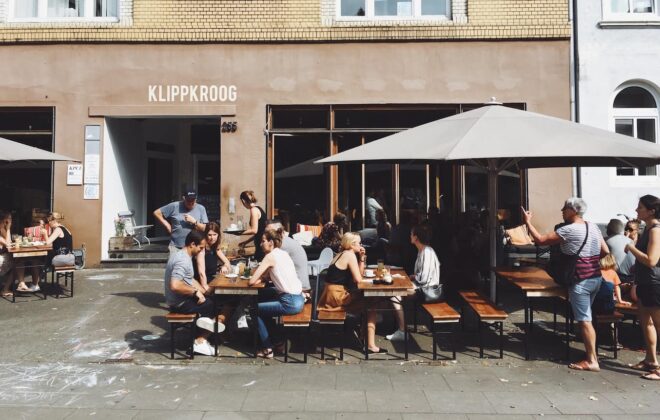Catering to last-minute shoppers while preserving your sanity
Editorial Team
4 min read
The holiday shopping season started extra early this year. This so-called “Christmas creep” is due in part to Amazon Prime Day getting pushed to October, higher shipping costs in December, and a desire to avoid crowds and maintain social distance during the pandemic.
Smaller retailers may want to incentivize customers not to wait until the last minute, with sales and other promotions. That’s especially important this year so that neither customers nor retailers get blindsided by inventory or supply chain issues late in the season.
This year’s last-minute shoppers should not count on order online and expect their items to arrive by Christmas, because increased demand on the major carriers could delay deliveries.
Still, some consumers always wait until the last minute. In fact, 2018 data from the National Retail Foundation shows that more than half of consumers planned to shop the Saturday before Christmas. Those numbers may be different this year, some of them perhaps for solid reasons such as an originally purchased gift going out of stock, a family member getting sick, or uncertainty in a customer’s financial situation.
Here are some examples of how you can capture sales from last-minute shoppers without going into a holiday frenzy.
Gift wrapping
If you have enough staff to gift wrap items for customers, this could help last-minute shoppers, so they don’t have to find gift wrap, tape, and ribbons once they’ve purchased gifts. Depending on your willingness to absorb the cost of gift wrap and labor, you could provide free gift wrapping as a selling point or offer it for an additional cost.
So that customers don’t have to wait around for gift wrapping (especially important this year due to Covid), you could ask that they call ahead and request gift wrapping with their curbside pick orders. Or if customers are purchasing in-store, you could set an expectation for when they should return to pick up gift-wrapped items. In case the store gets busy, your staff may want to add in a little extra time as a buffer to avoid over-promising.
Local delivery
Frazzled last-minute shoppers (especially those working overtime) may appreciate getting items delivered, and this means fewer people inside your store. One option is to sign up with a delivery app so that you and your staff don’t need to handle delivery logistics.
However, the delivery app may take a chunk of the customer’s purchase, so some retailers choose to handle delivery themselves. If you or your staff will be doing the deliveries, you might consider setting a minimum order amount for delivery and a delivery radius. That way your employees aren’t driving 50 miles round trip to drop off a $10 item.
Pre-packaged gift bundles
For customers who want a thoughtful gift at the last minute, pre-packaged gift baskets or bundles may fit their needs: for instance, a spa gift basket with fuzzy slippers, a fancy candle, and some bath and body products. Or a foodie gift basket with a bottle of wine, gourmet crackers and nuts, and other goodies adorned with a big red bow. Arranging these items towards the front of the store allows last-minute shoppers to get in and out quickly.
Gift cards or gift certificates (digital or on paper) are another way to meet last-minute shoppers’ needs, especially if they come with an artful presentation, such as a vellum envelope or shiny gift box. Unlike a hot new toy or tech gadget, gift cards are not subject to inventory issues. Customers spend an average of $59 more than the value of the gift card, so they can generate additional revenue, too.
Extended hours
If customers’ work schedules force them to shop late in the season, staying open a few extra hours on select days could help them finish their shopping and bring in additional revenue. However, don’t feel obliged to extend your hours if it’s going to strain your staff. Offering local delivery could also help customers who are in this situation.
Reminder: set boundaries
As a retailer, of course you want to capitalize on holiday sales—but you also need to set healthy boundaries for yourself and your staff. You can choose not to stay open late on Christmas Eve or not to admit more customers into your store than what you (or local ordinances) feel is safe.
If you run out of items or need to impose purchasing limits, post signage explaining this so your staff doesn’t have to.
The holiday shopping season can be stressful under normal circumstances. Setting boundaries and keeping your staff safe and sane is extra important this year.
Related Posts
Great buzz is bringing in the customers, but derailing the customer experience
7 tips for marketing to Generation Z
Popular Topics
Stay In Touch
Sign up and learn more about Clover.
Thank you for your subscription!
Recent Stories
- Jewelry store supplies and equipment needed for opening day
- How small businesses can use employee discounts to retain staff
- Tips and tricks for opening an outdoor pop-up restaurant
Please share your contact information
to access our premium content.
Thank you for sharing your contact information.
Download Now





